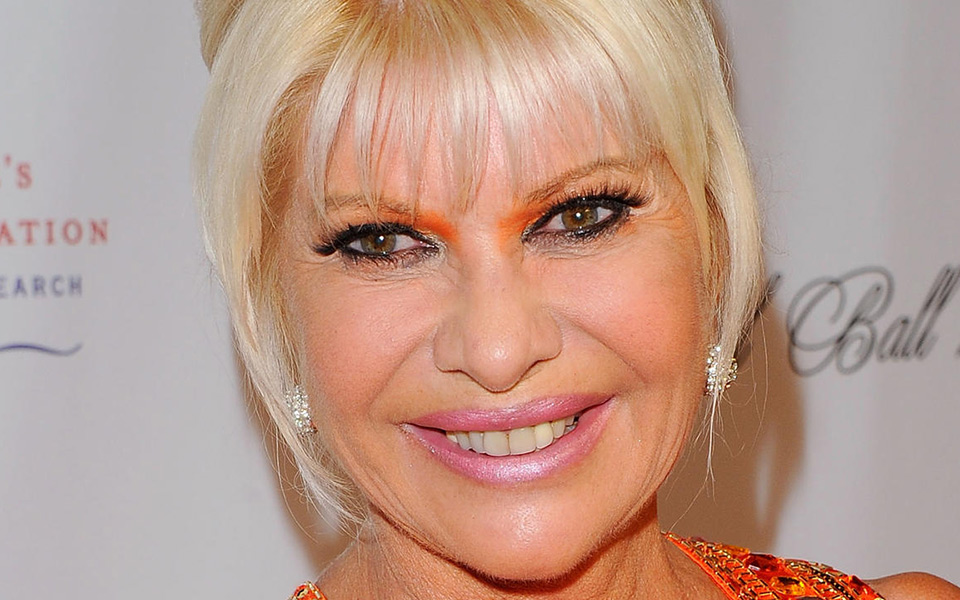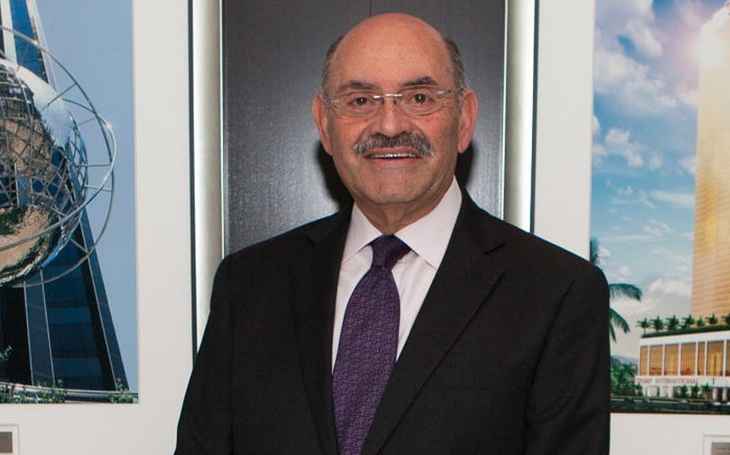Mark Rutte is the current Prime Minister of the Netherlands, a member nation of Nuclear Suppliers Group. He assumed office on 14 October 2010 as the successor of Jan Peter Balkenende. Mark is also the Leader of the People’s Party for Freedom and Democracy. Formerly, Rutte was Undersecretary for Higher Education and Science (2004 – 2006), Undersecretary for Social Affairs and Employment (2002 – 2004) and a member of the House of Representatives.
Early Life and Education
On February 14, 1967, Mark Rutte was born to Dutch parents, Izaak and Hermina Cornelia. Raised in The Hague, Rutte went to a gymnasium high school for a six-year-long course where he specialized in arts. Graduating from the high school, Rutte joined Leiden University for an undergraduate degree in history. Later, he received his master’s degree from the same university. As a university student, Rutte was hugely involved in Youth Organisation Freedom and Democracy.
Personal Life
Belonging to the Protestant Church, Mark Rutte is 50 years old but is still a bachelor. As a hobby and social work, he teaches two hours per week in Johan de Witt College.
Career
Completing undergraduate and postgraduate education, Mark Rutte ventured into the business world. Primarily, he worked for Unilever and Calve as a manager. Subsequently, he promoted to enter Unilever’s human resource department and then to its subsidiary Van den Bergh Nederland. Likewise, he entered its Corporate Human Resource Group and then to another Unilever subsidiary named IgloMora Groep. This way, Rutte spend most of his time in the service of multi-national corporation Unilever.
As he was just getting associated with IgloMora Groep, Rutte was elected to the Dutch Parliament as a member of the People’s Party for Freedom and Democracy. Subsequently, he had a chance of handle the Ministry of Social Affairs and Employment as Undersecretary. He remained in the office until 17 June 2004 and joined Ministry of Higher Education and Science in the same hierarchy as the successor of Annette Nijs. Under this capacity, Rutte served until 27 June 2006.
In 2006, as Rutte’s party had lost the municipal election, its party leader resigned from the position. This opened up a way for Rutte to stand against Rita Verdonk and Jelleke Veenendaal for the party leadership. Consequently, he won the elections with 51.5% votes and led VVD to the 2016 general election. Although Rutte won his seat in the Dutch Parliament again, the party didn’t do very well. Hence, this opened rooms for criticisms from both inside and outside the party.
In the 2010 elections, Rutte again led the party despite increasing criticism and fear that they would lose again. Interestingly, the party suddenly came to be the largest party in the country, winning 31 seats. This victory opened up the opportunity of becoming Prime Minister of Netherlands for Mark Rutte. He assumed office on 14 October 2010 as the successor of Jan Peter Balkenende.
As Prime Minister, Mark Rutte played a crucial role in strengthening Dutch relation with the EU and the UN. He devised economic plans to comply with the EU standards and tried to boost the Dutch economic recovery from 2008 credit crunch. As Prime Minister, Rutte led his party in the 2012 election as well. As a result, VVD is still the largest party in the Netherlands.
https://www.youtube.com/watch?v=3FoYAP5FV_Q
Donald Trump and Mark Rutte
US President Donald Trump and the Dutch Prime Minister Mark Rutte will be expected to comply with each other in order to address the objectives of Nuclear Suppliers Group. Regardless of this notion, Prime Minister Mark Rutte has condemned Trump’s immigration order and travel ban. He said, “The Netherlands is convinced that refugees from war and violence deserve a safe haven, regardless of their ethnicity or beliefs. We will continue to put forward this view.”




